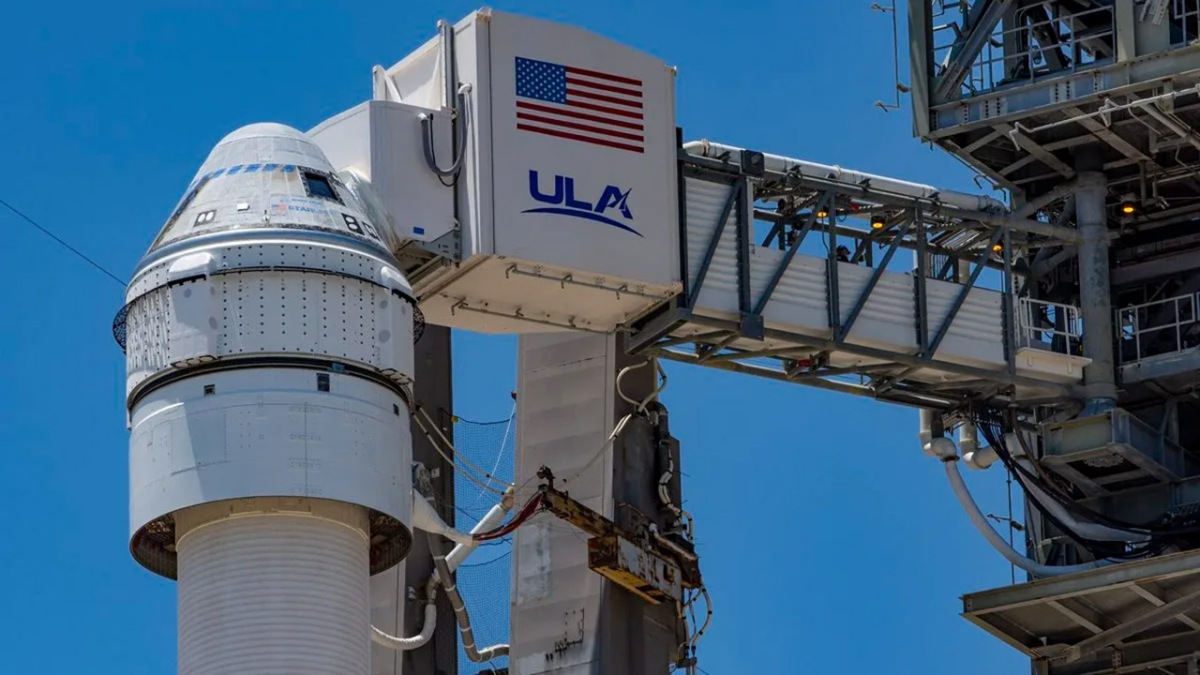Boeing and NASA are moving ahead with the upcoming Starliner demonstration launch despite an active helium leak. The launch is now on the books for Saturday, June 1, at 12:25 p.m. EDT. If all goes as planned, Starliner will rendezvous with the International Space Station the following day and return to Earth on June 10. If not, it will be another embarrassing setback for Boeing’s troubled spacecraft.
Technicians discovered helium escaping from the fuel system earlier this month after valve issues caused NASA to halt the last launch attempt. NASA said in a recent news conference that the extremely slow leak does not pose a danger to the spacecraft. This is based on an exhaustive inspection of Starliner, which was removed from the launchpad along with the Atlas V so the valve in ULA’s rocket could be swapped. It was then that the team noticed the helium leak in Starliner.
Even though the optics of launching with an active leak aren’t ideal for the troubled Boeing craft, NASA says engineers have done their due diligence during this multi-week pause. Every space launch has risk tolerances, and NASA has judged this one to be in bounds. Helium is a tiny atom that is difficult to fully contain—even the highly successful SpaceX Dragon has occasionally flown with small leaks. While helium is part of the propulsion system, this inert gas is not used as fuel. Helium is used to pressurize the system and ensure fuel is available to the spacecraft’s four “doghouse” thruster assemblies and the launch abort engines.



you mean Allan McDonald?
Interestingly enough:
Perhaps the U.S. govt needs to step in again to right the ship at boeing. Well, I’m being coy, of course the U.S. gov’t has to step up and do something. Companies should never be some sacred cow that we’re afraid of upsetting.